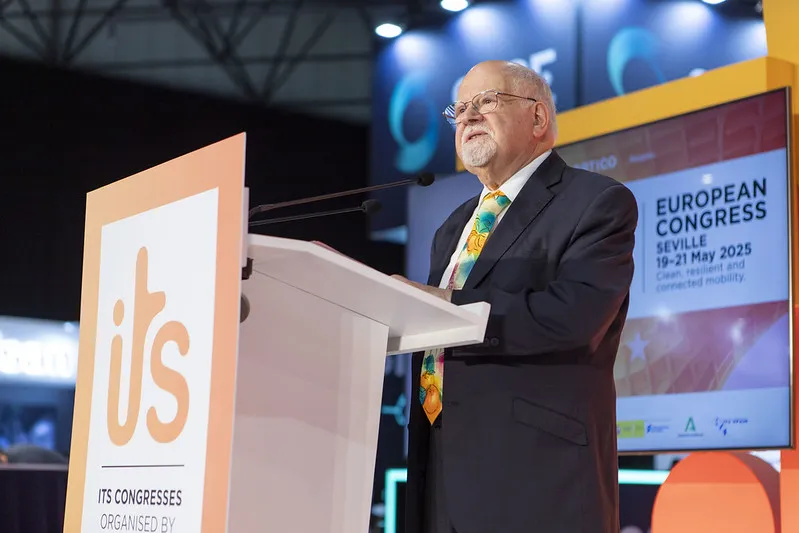
The World Health Organisation (WHO) says road traffic crashes cause 1.19 million deaths and millions more injuries every year.
But changes to road infrastructure and implementing safer vehicle speeds have prevented almost 700,000 deaths and serious injuries in 74 countries, according to a new report.
Researchers from Johns Hopkins University in the US used the International Road Assessment Programme (iRAP) methodology to assess the success of road safety projects.
Statistical estimation of fatal and serious injuries saved by iRAP protocols in 74 countries modelled the year-by-year impact of the changes over the last eight years and estimates the likely impact of road improvements in 1,039 infrastructure projects - from England and Australia to India and Colombia - where the iRAP methodology and tools were used. It shows the application of the iRAP model will have prevented an estimated 699,768 deaths and serious injuries between January 2016 and the end of 2024.
Further, the paper projects that, by 2044, the existing road treatments will prevent almost 3.2 million fatalities and serious injuries, given the average effective lifespan of 20 years.
The iRAP Star Rating Methodology provides an objective measure of road safety levels built into the road for vehicle occupants, motorcyclists, bicyclists and pedestrians. It presents an evidence-based measure of the likelihood of a crash occurring and its severity. A 1-star-rated road is the least safe while a 5-star road is the safest.
Globally, road deaths and injuries have declined for the first time on record, according to the latest data from WHO, which identified improving standards of roads as an important factor. The Global Plan for the Decade of Action for Road Safety 2021-2030 set targets for most journeys to be made on 3-star or better roads by 2030 and all new roads to be built to those standards.
“The Safe System approach emphasises safe road infrastructure as an essential component of its framework, said Abdulgafoor Bachani, report co-author and director of Johns Hopkins International Injury Research Unit.
“Consequently, prioritising its integration into urban planning and development initiatives should become imperative in every city, country and region. We are optimistic that this study will serve to amplify the importance of safe infrastructure and inject renewed vigour into global road safety efforts.”










